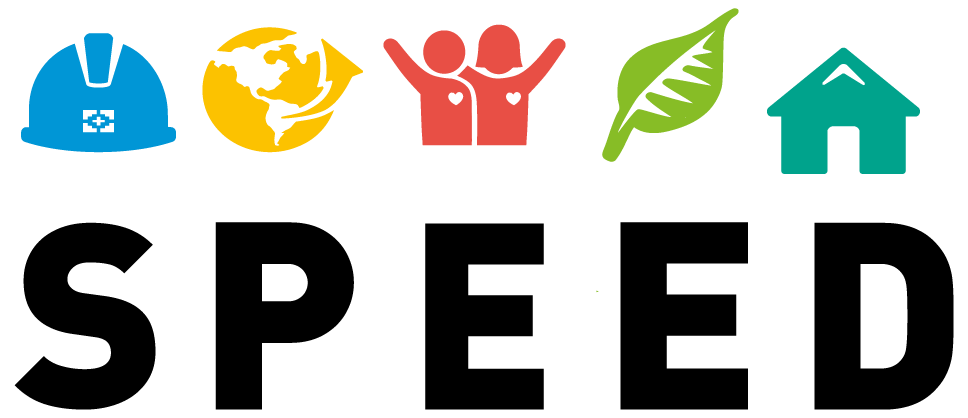(403-2) SASB: EM-EP-320a.1 Strengthening the culture of self-care and proactively managing risks to the health and safety of teams and operations is based on processes headed by professionals in operations and the Safety area, who have proven experience in the oil industry. This team supervises various programs and tools and guarantees their implementation to preventively manage risks and promote safe behaviors.
Main safety management initiatives
Some of the most important programs are the Proactive Observation Program (POP), Authority to Stop an Activity (ADA), Safety Operational Standard (SOS) and Incident Recording Information System (IRIS).
Since its creation in 2016 and launch in 2017, POP has allowed us to channel efforts into preventive management that encourages the identification of safe and unsafe behaviors and conditions in all operations, with the active participation and leadership of employees and contractors.
POP follows a simple three-step cycle: observe, intervene and record. Through this we define methodology to identify hazards, act and monitor the behaviors and conditions observed.
The first step focuses primarily on observing different workplaces to identify hazards and hazardous energies. The second step is to be part of the solution so that unsafe acts or conditions do not cause injury or incident, and in this step ADA and the “you see it, you own it” concept both apply. Finally, recording consists of reporting observations of any act or risk factor in the system. Once the report is made, the act or risk factor is managed by the relevant area to guarantee its correct solution and follow-up.
In 2020 we held a comprehensive review of the observations registered in our system and closed 72% of them. We also held several campaigns in areas of operations to maintain our high capacity to detect opportunities and risk situations and to reinforce the implementation of Covid-19 protocols.
Number of safety observations registered
2018 | 2019 | 2020 | |
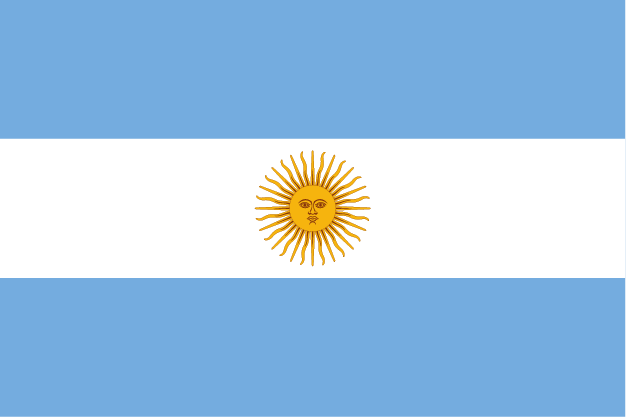 Argentina | 710 | 896 | 492 |
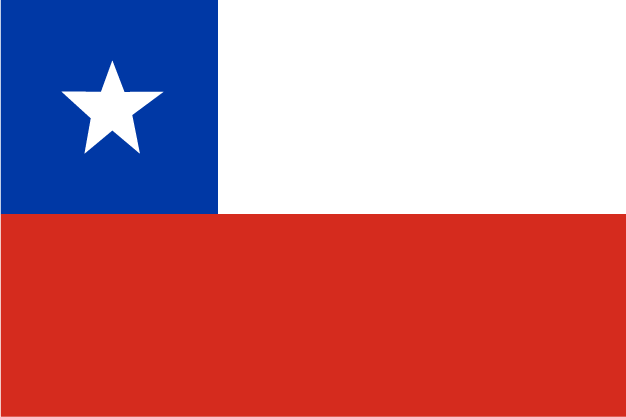 Chile | 731 | 497 | 605 |
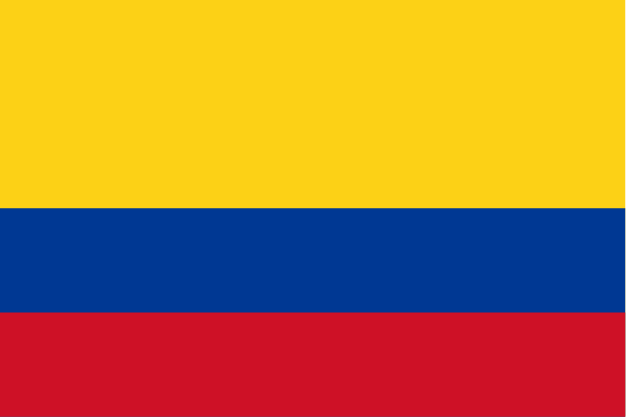 Colombia | 2,797 | 2,476 | 3,219 |
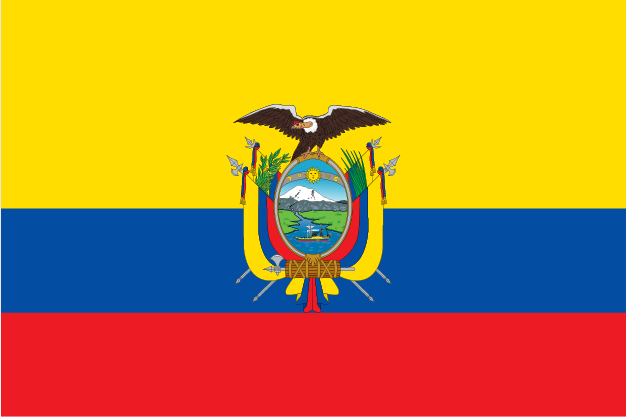 Ecuador | - | 0 | 0 |
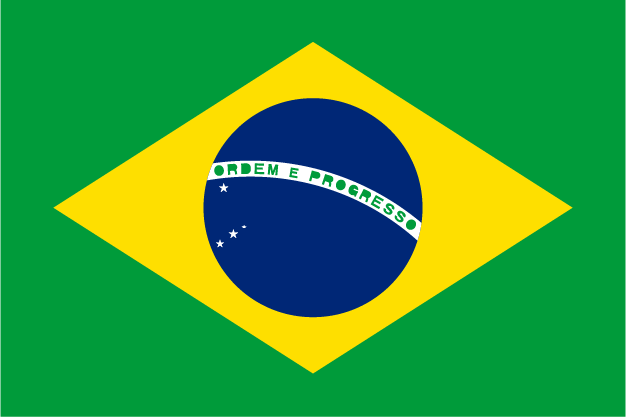 Brazil | 34 | 388 | 87 |
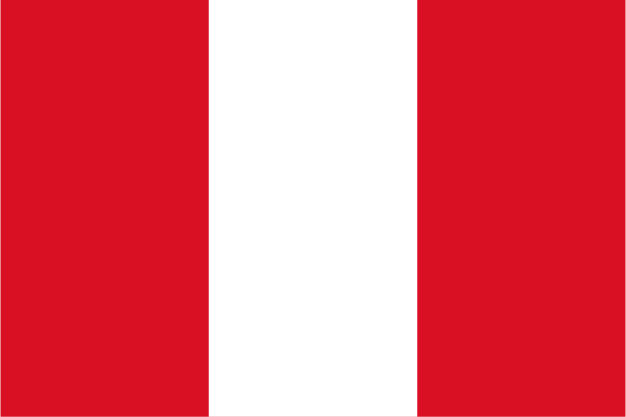 Peru | 397 | 537 | 133 |
Total | 4,669 | 4,794 | 4,536 |
Proprietary indicator as part of Proactive Observation Program (POP)
Number of cards for every 1,000 work hours
2018 | 2019 | 2020 | |
 Argentina | 1.1 | 1.07 | 1.03 |
 Chile | 1.46 | 0.89 | 1.76 |
 Colombia | 0.51 | 0.40 | 0.54 |
 Ecuador | 0 | 0 | 0 |
 Brazil | 0.78 | 2.97 | 1.82 |
 Peru | 0.8 | 1.50 | 2.34 |
Total | 0.65 | 0.59 | 0.65 |
Proprietary indicator as part of Proactive Observation Program (POP)
ADA is a risk prevention and task assurance tool that gives all GeoPark employees and contractors, regardless of their position or duties, the power and responsibility to stop whatever activity they identify as unsafe or that has the potential to become an unwanted event.
All employees have full autonomy and the support of the Company’s senior management when it comes to exercising ADA, as we must implement all actions that can prevent danger to employees and neighbors.
In general terms, ADA has four stages: (i) stopping whatever unsafe action; (ii) intervening to report and establish actions to identify the risks and correct future events; (iii) restarting activities when the risk conditions are under control; and (iv) registering the situation in POP.
In 2020 we consistently strengthened the application of ADA and recognized the most significant ADAs in each GeoPark block. Implementing ADA requires the commitment, example and leadership of the different lines of Company supervision, and the importance of its implementation is emphasized in scenarios such as team meetings, security checks and town halls.
Number of observations where ADA was applied
2020 | |
 Argentina | 95 |
 Chile | 107 |
 Colombia | 1,213 |
 Ecuador | 0 |
 Brazil | 7 |
 Peru | 25 |
Total | 1,447 |
The Safety Operational Standard (SOS) is applicable to all our operations and is based on legal requirements and industry best practices. It consists of practical and easy-to-use guides for preparing and executing high-risk tasks and can be implemented by any employee or contractor.
We currently have standardized processes for actions in each of the Company’s assets. We also have checklists for each SOS that allow the verification of safe working conditions and practices. The standard has 10 SOS or practices identified as the highest risk in our operations: simultaneous operations, confined spaces, hot work, change management, electricity, road safety, lifting, hazardous materials, ergonomics and heights. Thanks to their respective SOS, these operations are safer, and we can protect our people by taking care of GeoPark assets and preventing impacts on neighbors and the environment.
In the event of a workplace incident GeoPark has an incident reporting and investigation system and procedure called IRIS, which has three main phases: initial response, investigation, and communication and follow-up.
In the initial response, emergency and contingency plans are activated when the incident occurs and a report is made. If the incident is serious, a security alert is sent. In the investigation stage we identify root causes and define necessary corrective actions to avoid similar situations in the future. In the communication stage we consolidate incidents and disclose them, following up on the action plans determined in the investigation stage.
All incidents in operations or offices are currently reported through IRIS. After completing the investigation of a recordable or serious incident, the operational area in charge presents the results and lessons learned to the other assets, in a process involving workers, supervisors, superintendents, managers and the Director of Operations.

